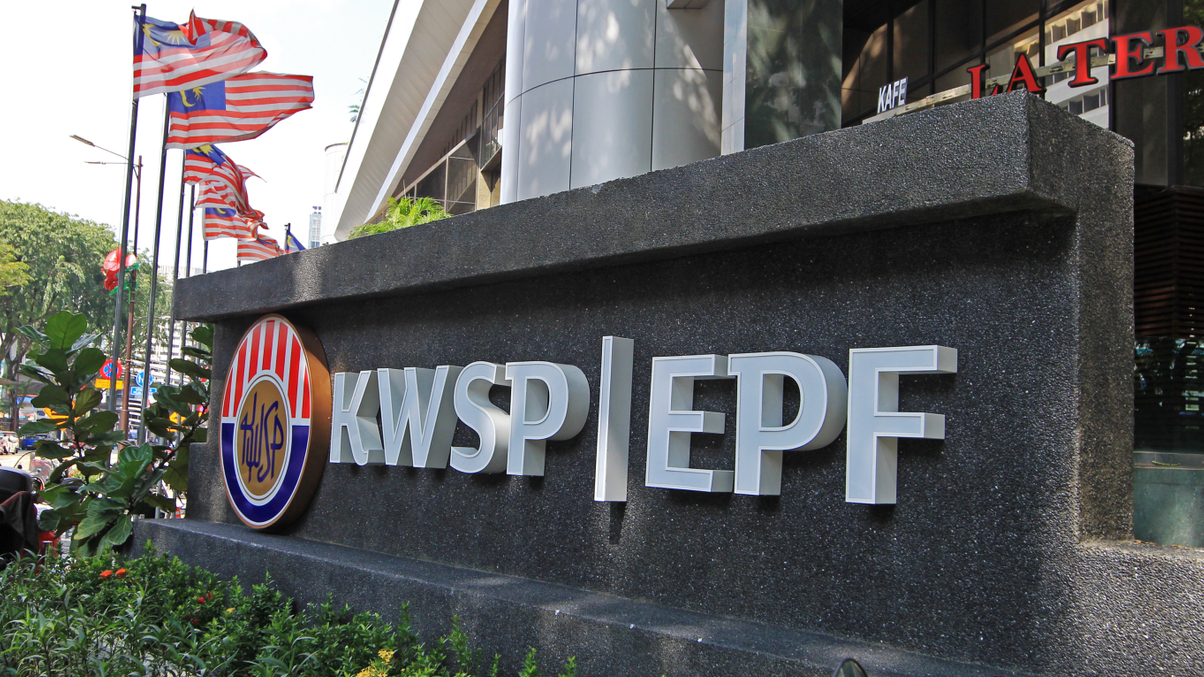EPF aims to increase overseas alts allocation
The Malaysian pension fund expects to raise its overseas exposure partly through raising private market investments, its CEO told delegates at AsianInvestor's forum in Kuala Lumpur.

Malaysia’s $200 billion Employees Provident Fund (EPF) wants to increase the amount it invests overseas over the coming year but with a slight twist -- it wants more of that allocation to sit with private assets, according to its chief executive.
Sign in to read on!
Registered users get 2 free articles in 30 days.
Subscribers have full unlimited access to AsianInvestor
Not signed up? New users get 2 free articles per month, plus a 7-day unlimited free trial.
¬ Haymarket Media Limited. All rights reserved.


